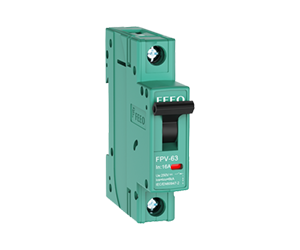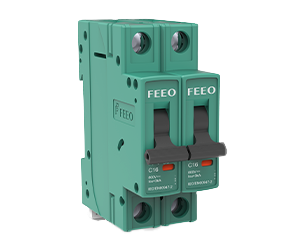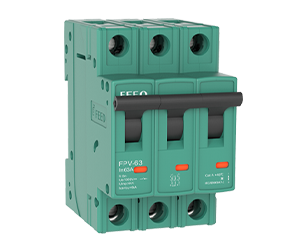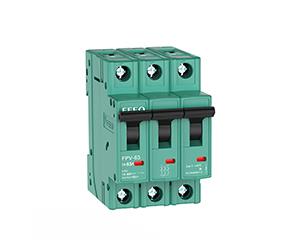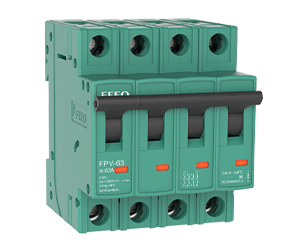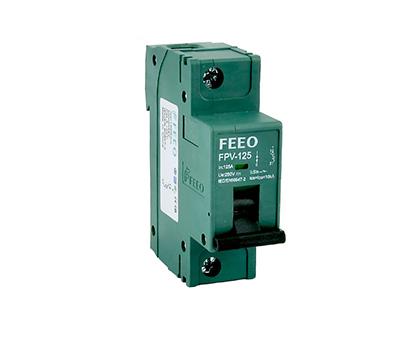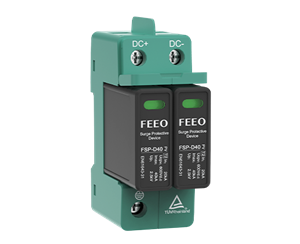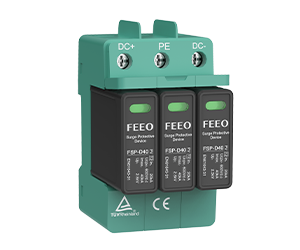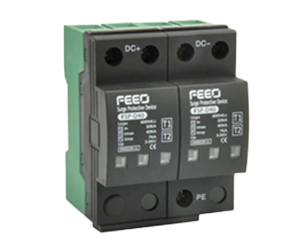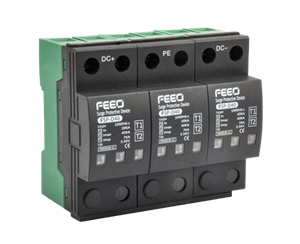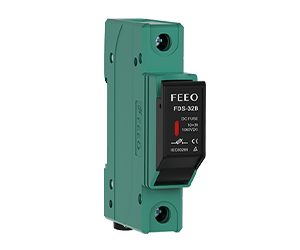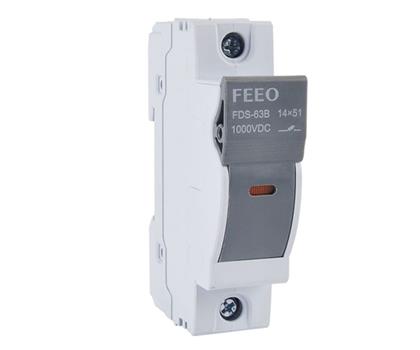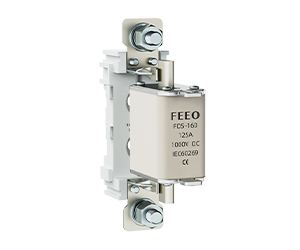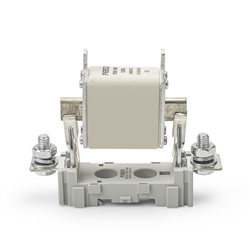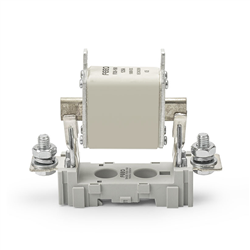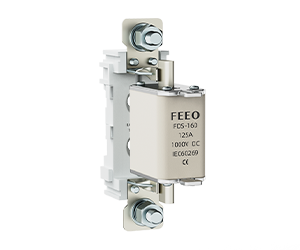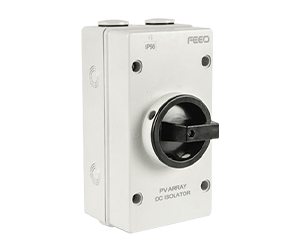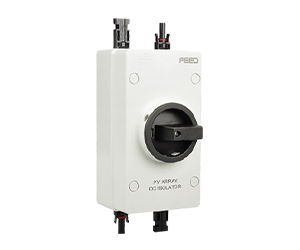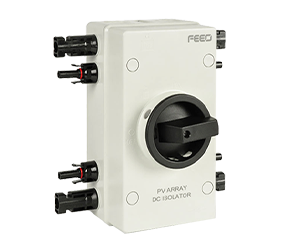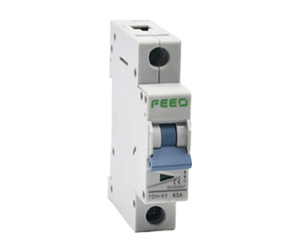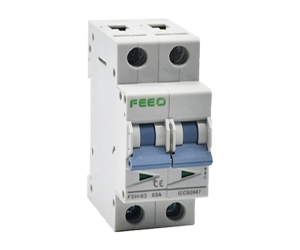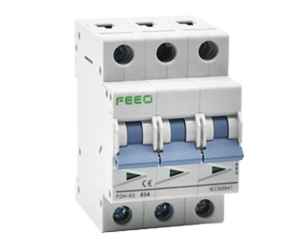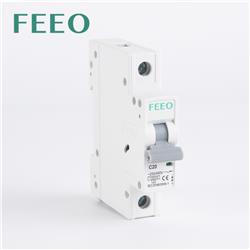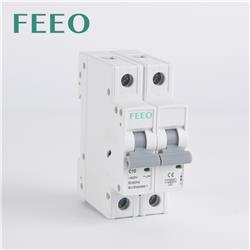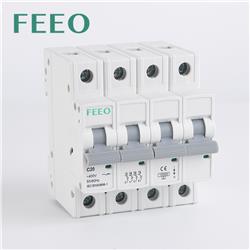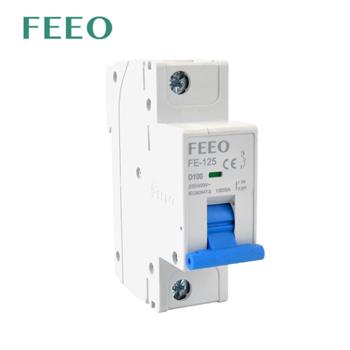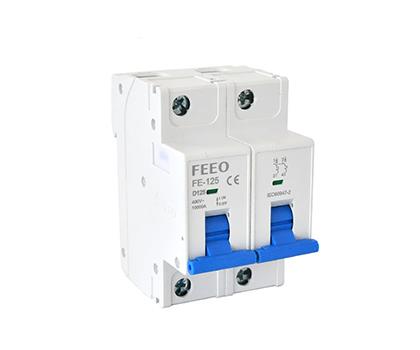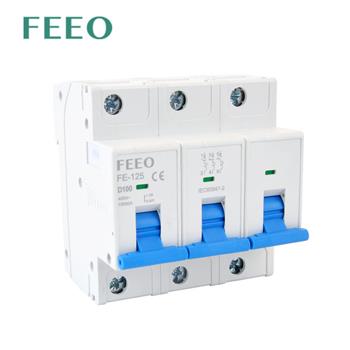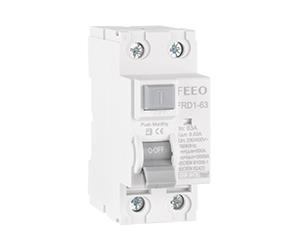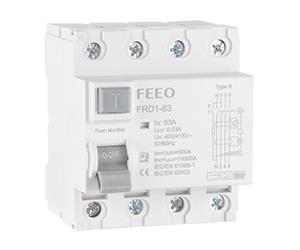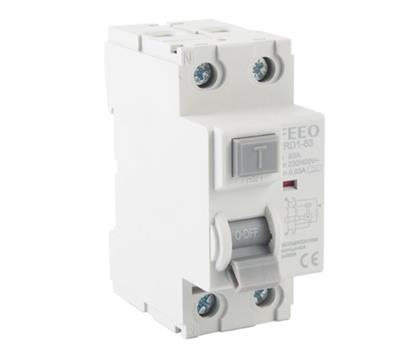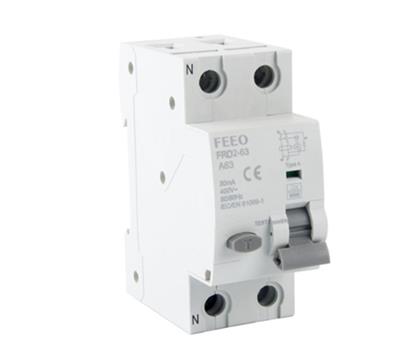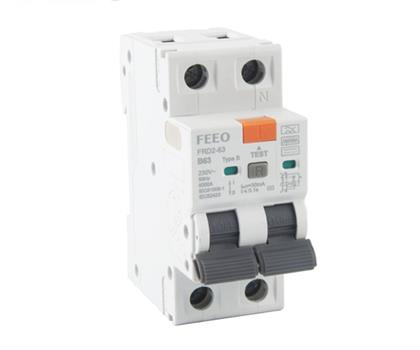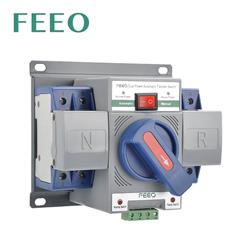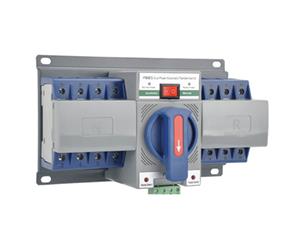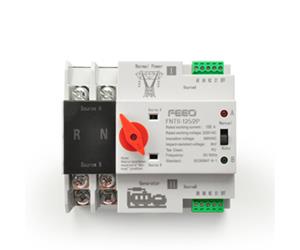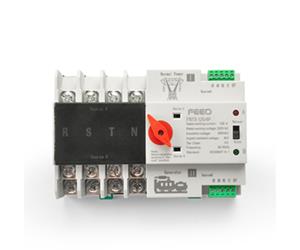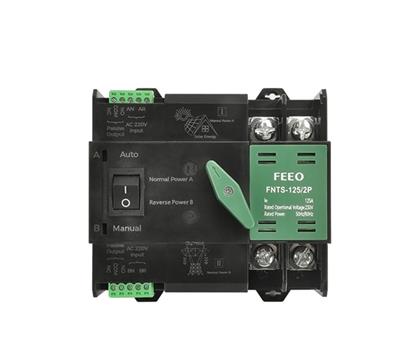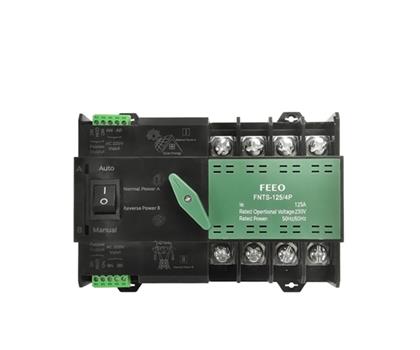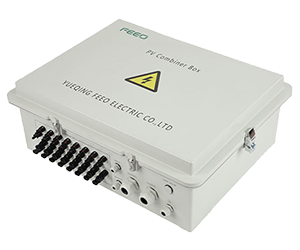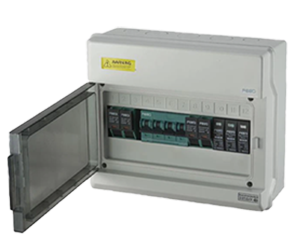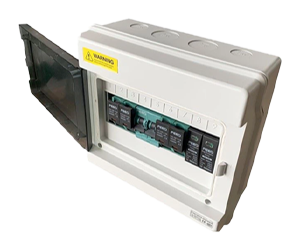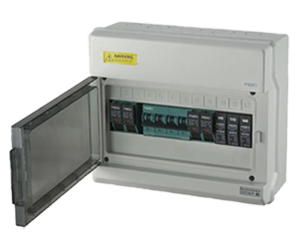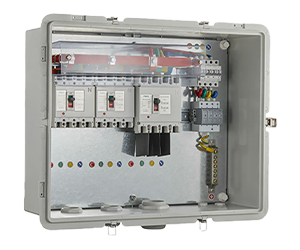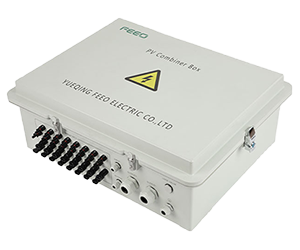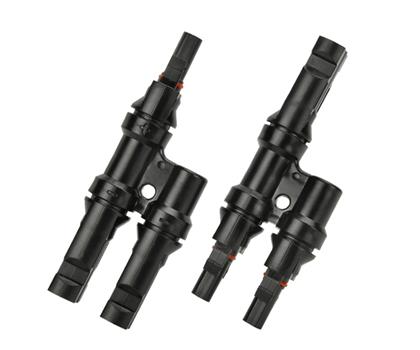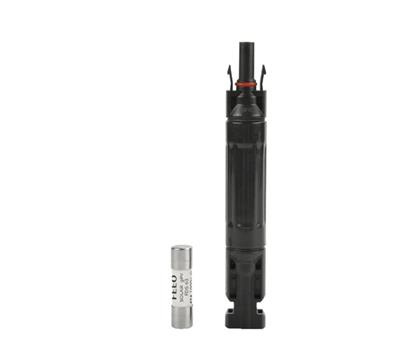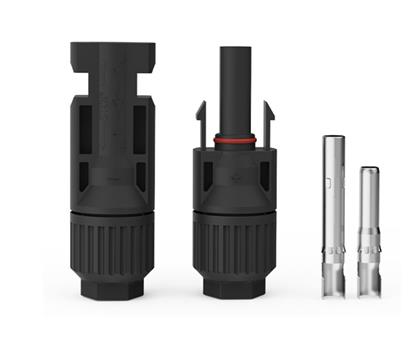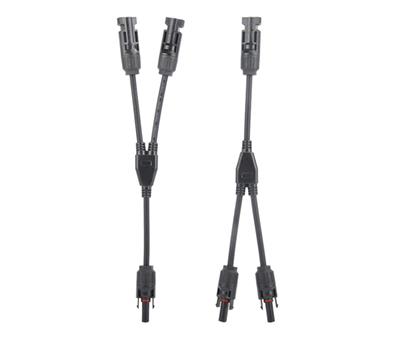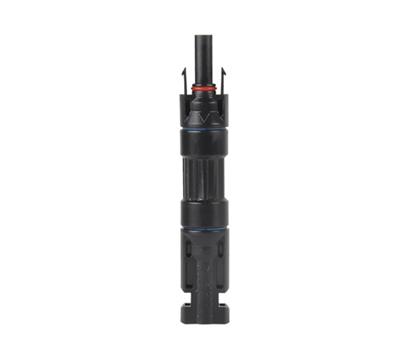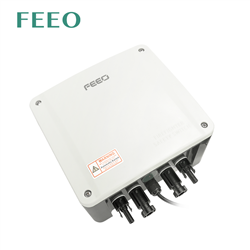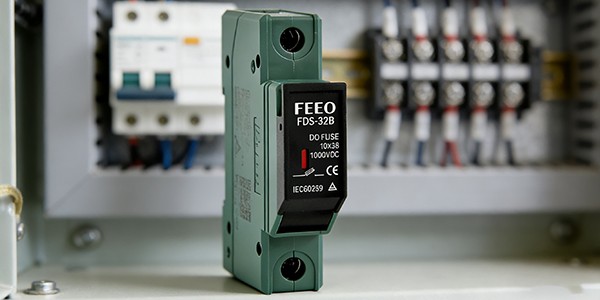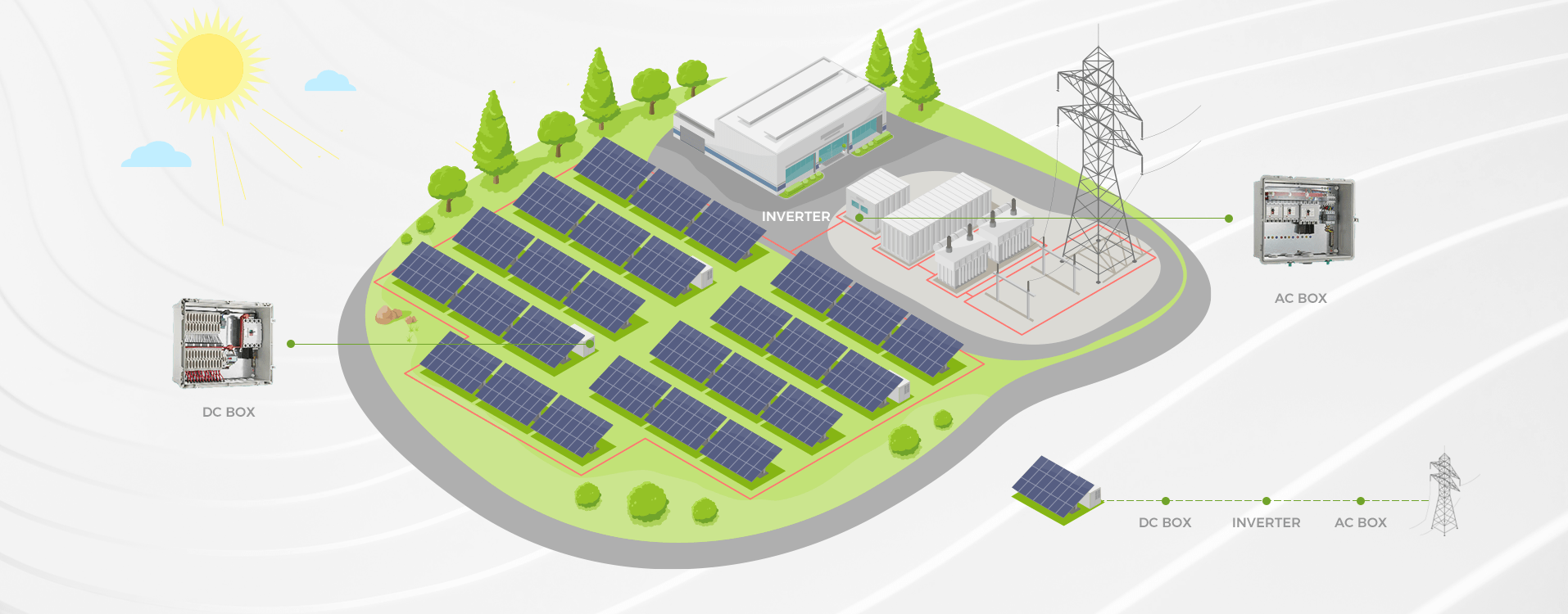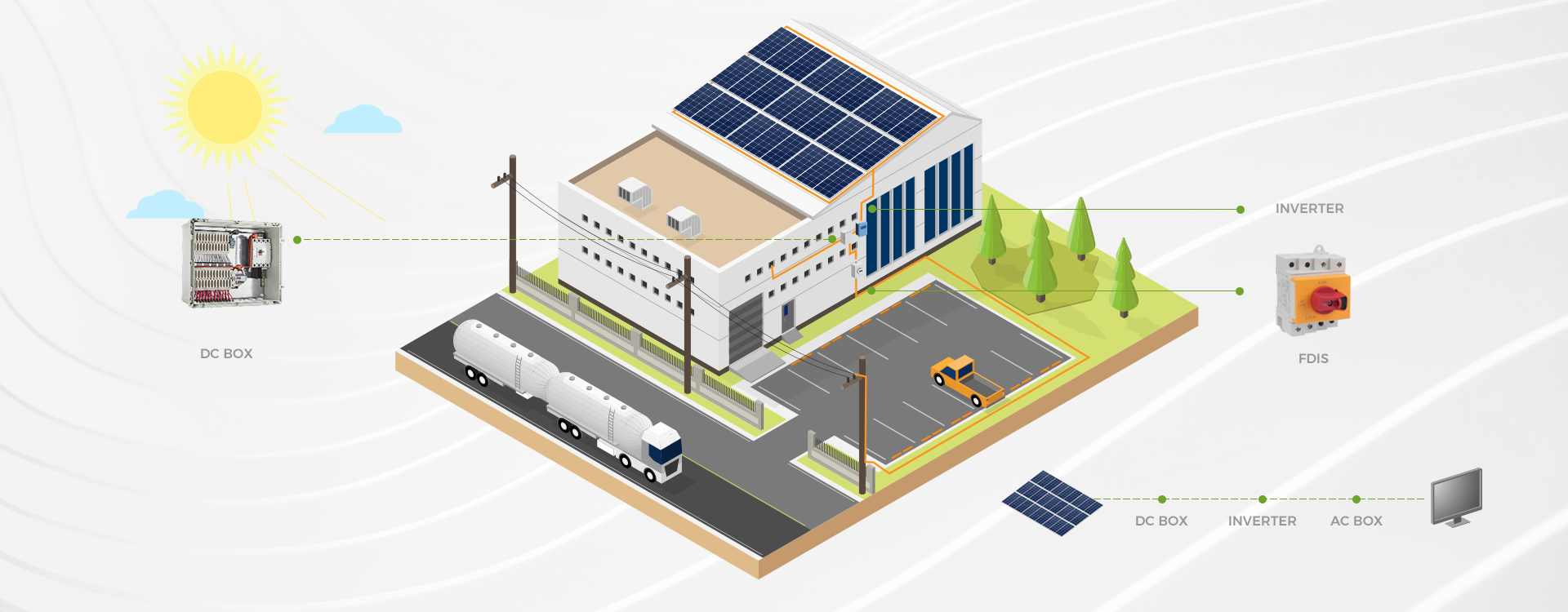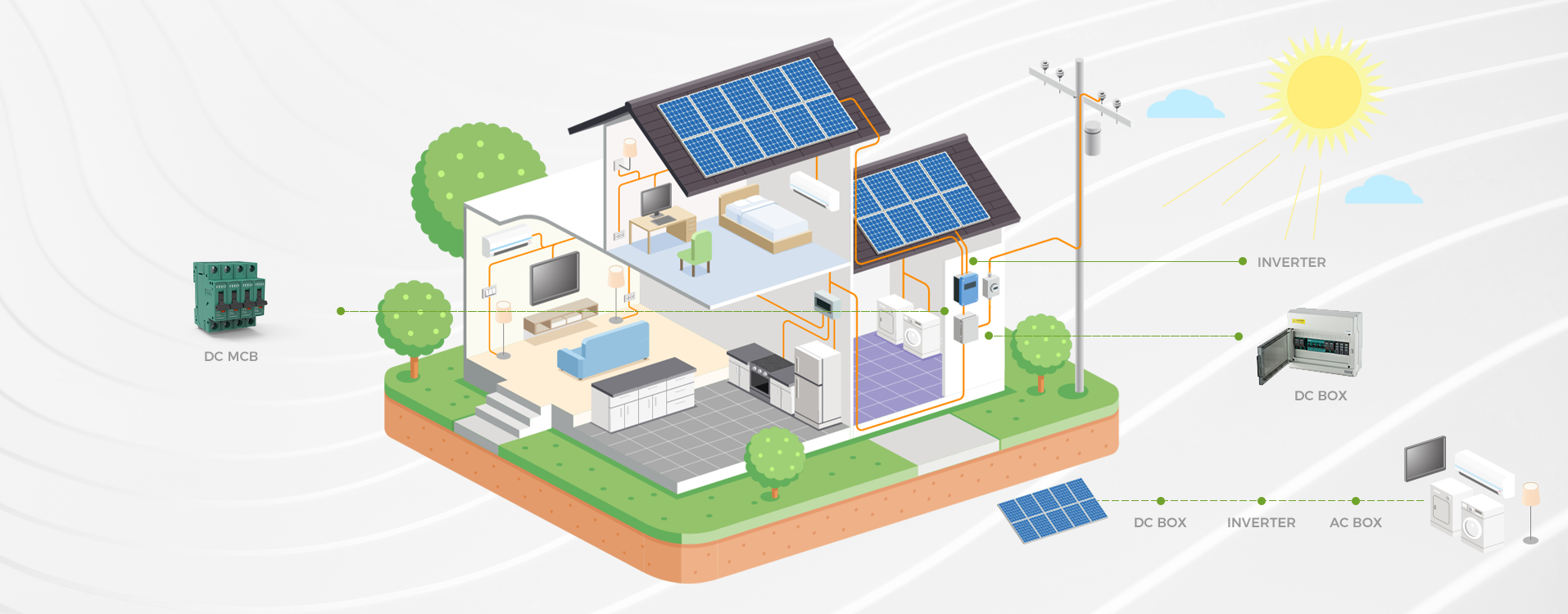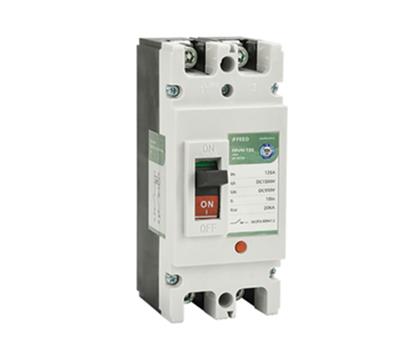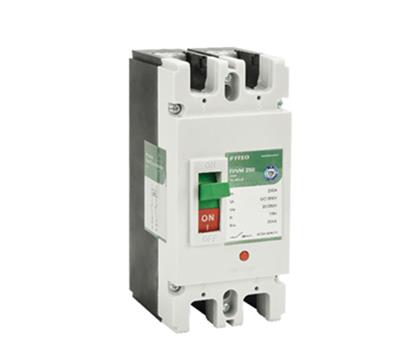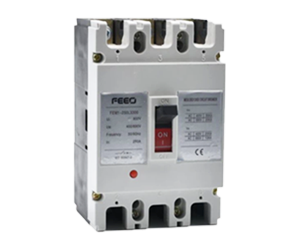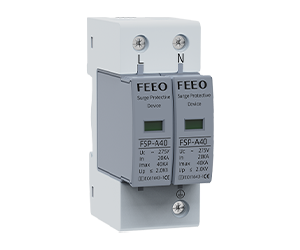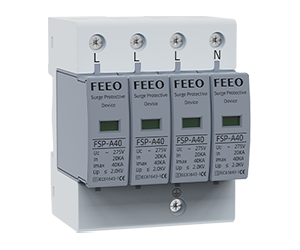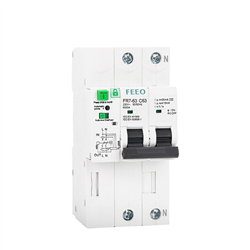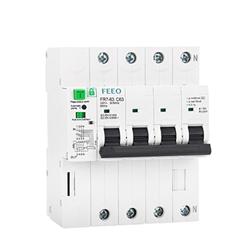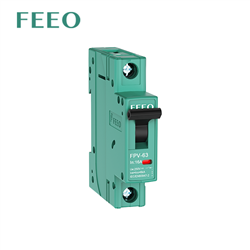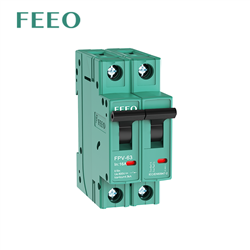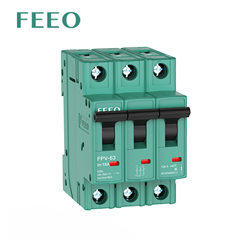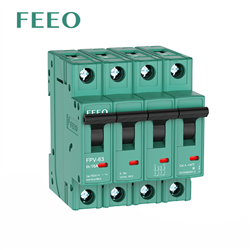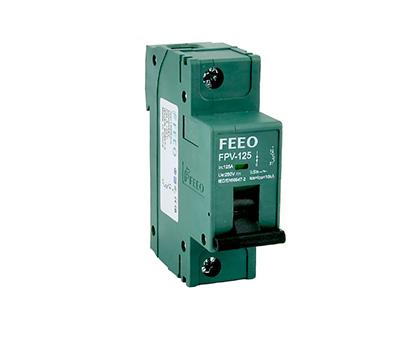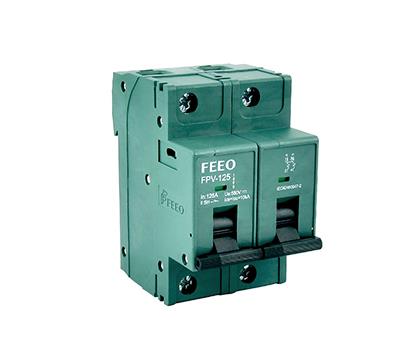Section 1: Understanding DC Fuses
DC fuses are designed to interrupt the flow of current in direct current (DC) circuits when abnormal current conditions occur. They serve as sacrificial devices that melt or blow out when exposed to excessive current, effectively breaking the circuit and protecting downstream components. DC fuses are essential in preventing equipment damage, fire hazards, and electrical accidents caused by overcurrent situations.
Section 2: Types of DC Fuses
DC fuses come in various types, each specifically engineered for different applications and current ratings. Here are some common types:
Blade Fuses: Blade fuses are compact, rectangular fuses with metal blades at each end. They are widely used in automotive and marine applications due to their space-saving design and ease of installation.
Bolted-Type Fuses: Bolted-type fuses are heavy-duty fuses designed for high-current DC applications. They feature bolted connections and are commonly used in industrial settings and power distribution systems.
Semiconductor Fuses: Semiconductor fuses are purpose-built to protect sensitive electronic devices and semiconductor components from overcurrent conditions. They possess fast-acting characteristics to prevent damage in high-speed circuits.
Photovoltaic (PV) Fuses: PV fuses are specifically designed for use in solar power systems. They provide protection against overcurrent situations in photovoltaic arrays, preventing damage to solar panels and other system components.
Section 3: Benefits of DC Fuses
DC fuses offer numerous benefits in ensuring safety and protection in electrical systems:
Overcurrent Protection: DC fuses serve as the first line of defense against excessive current flow. By interrupting the circuit when current exceeds safe levels, they prevent damage to equipment and wiring, reducing the risk of electrical fires and equipment failure.
Quick Response Time: DC fuses have rapid response times, promptly detecting and interrupting the circuit in the event of an overcurrent or short circuit. This swift action helps minimize damage and ensures the safety of personnel and property.
Easy Replacement: When a DC fuse operates and interrupts the circuit, it can be easily replaced. Unlike other protective devices that require complex repairs or replacements, DC fuses offer a convenient and cost-effective solution by simply replacing the blown fuse.
Scalability and Adaptability: DC fuses come in various current ratings to accommodate different system requirements. This scalability allows for flexible application in a wide range of electrical systems, ensuring optimal protection and performance.
Conclusion:
DC fuses play a crucial role in electrical systems by providing vital protection against overcurrent and short circuits. Their ability to interrupt the circuit and prevent damage ensures the safety of sensitive equipment, minimizes the risk of fires, and protects personnel. By understanding the types of DC fuses available and the benefits they offer, individuals and industries can make informed decisions to safeguard their electrical systems effectively. Prioritizing the installation and maintenance of DC fuses is an investment in safety, protection, and the long-term reliability of electrical systems.
